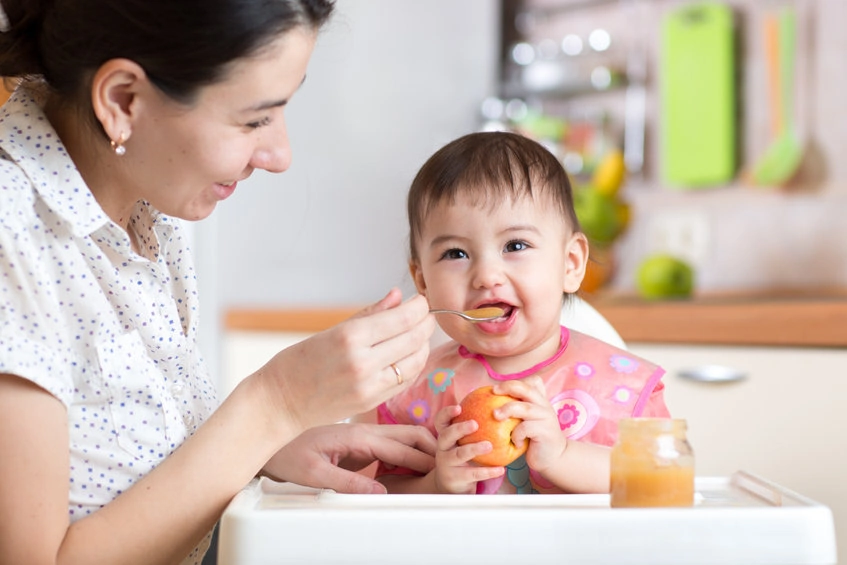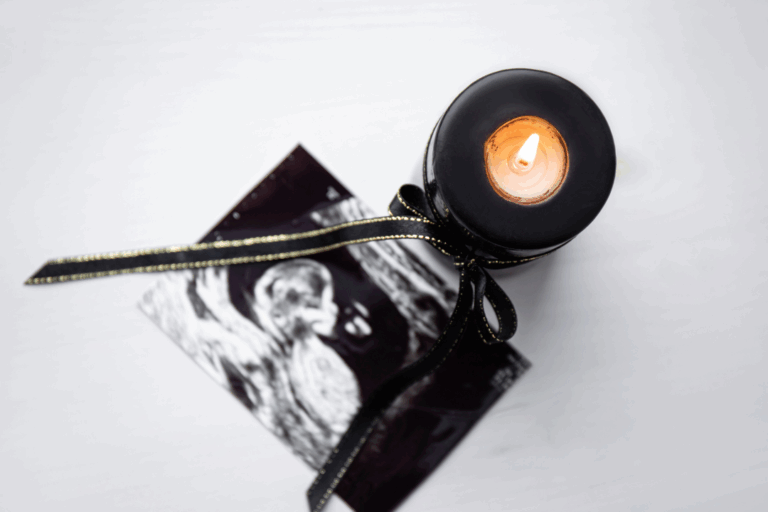Feeding your 3-6 month old baby comes with a new set of changes (and challenges). By the time your baby is 3 months of age, you will have gained confidence in your parenting abilities. Mostly because you start to understand your baby’s unique signals. In addition, your baby can now interpret their own body signals much better. This means they are able to self soothe or communicate with a specific cry when they have a real need.
Somewhere between 4 and 6 months your baby will start to show signs that she is ready for solids. Usually just when everything is starting to feel manageable, you will be faced with the next big question of infancy: “When do I introduce solids?”. This is probably one of the more challenging and controversial decisions you will have to make. Using your common sense and intuition, you will need to sift through the information that is available. Make your decision and stick to it so you can focus on enjoying this exciting phase.
What to expect between 3 and 6 months of age:
When you start to wean your baby onto solids, bear in mind that the focus for this stage is about experimenting and exposure to new flavours and textures. Solids are less important than milk nutritionally before 6 months so milk takes priority at this stage.
Here are some tips to make it easier:
- Follow your little one’s lead as to WHEN the right time is for solids
- Between 4 and 6 months of age, your baby will show interest, sit supported and reach for a spoon showing you they are ready to experiment with solid foods
- First foods should be as close to nature as possible – steamed fresh, seasonal veggies are great
- If you are offering porridge as a first food, make homemade ground grain porridge (rice, barley or oats)
Feeding your 6+ month old baby
By 6 months it is critical to start introducing solids your baby’s iron stores begin to deplete. Milk is no longer an adequate sole source of iron. Another reason not to delay solid introduction after 6 months is that there is a window period when babies are more receptive to new tastes and flavours. Delaying or limiting the introduction of food can result in a lazy or fussy eater.
In this early stage of solid introduction where your baby is the learner and you are the teacher. Breast or formula milk should still make up the majority of your baby’s nutritional intake.
Weaning guidance you can trust
Starting your little one on solids can be confusing. So much of the information available is contradictory. It’s therefore hard to know what guidance to follow and what to filter out. For a weaning solution that is based on scientific research, download the Parent Sense app for science-backed guidance, meal plans and delicious weaning recipes. You can also access the Weaning Sense online course on the app or on the website.




